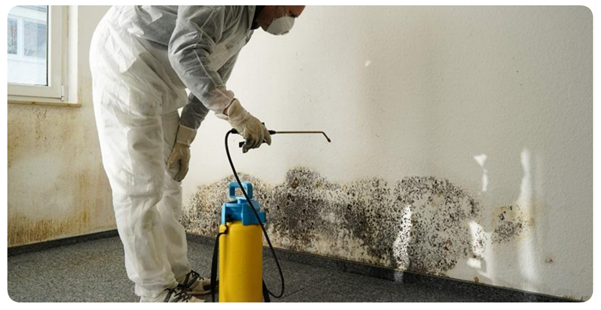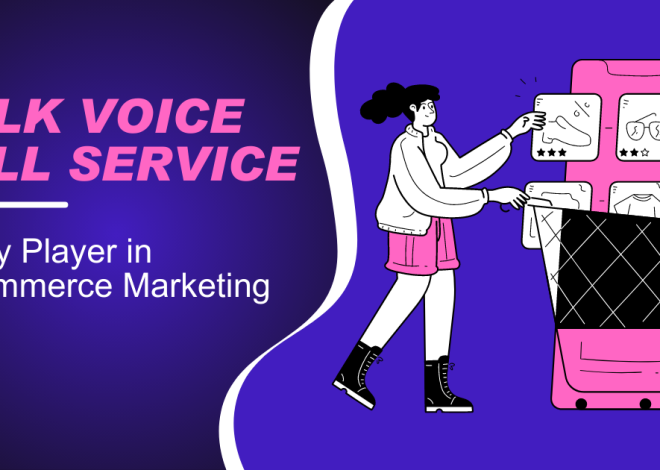Top Benefits of Using a Drug Addiction Hotline for Immediate Help
When facing a drug addiction crisis, immediate access to professional support is crucial. A drug addiction hotline provides instant connection to trained counselors and medical professionals who are equipped to offer guidance and support. These professionals are experienced in handling a range of addiction-related issues and can provide critical assistance in moments of need. Whether you are seeking advice for yourself or a loved one, the hotline ensures that help is just a phone call away.
The immediacy of this support can be life-saving. In situations where individuals may feel overwhelmed, scared, or unsure of what to do next, having someone to talk to can make all the difference. The counselors can offer practical advice, emotional support, and resources to help manage the situation effectively. This immediate access to professional support helps bridge the gap between recognizing the problem and seeking long-term treatment solutions.
Confidential and Anonymous Assistance
One of the significant benefits of using a drug addiction hotline is the confidentiality and anonymity it provides. Many individuals struggling with addiction may feel embarrassed or fearful of judgment, which can prevent them from seeking help. Hotlines offer a safe and anonymous environment where callers can openly discuss their issues without fear of being recognized or judged. This anonymity encourages more people to reach out for help.
Confidentiality is paramount in these conversations. Hotlines adhere to strict privacy policies, ensuring that the information shared by callers remains secure. This level of privacy helps in building trust between the caller and the counselor, enabling more honest and open communication. Knowing that their identity and information are protected can give individuals the confidence to take the first step towards recovery.
Availability and Accessibility
Drug addiction hotlines are available 24/7, making them an accessible resource at any time of day or night. Addiction crises can happen at any moment, and having a reliable source of support that is always available is invaluable. This round-the-clock availability ensures that help is accessible whenever it is needed, regardless of time constraints or personal schedules.
Accessibility also extends to the ease of reaching out. Most hotlines are toll-free, removing any financial barriers to getting help. Additionally, many hotlines offer multiple ways to connect, such as phone calls, text messaging, or online chat, catering to the preferences and needs of different individuals. This flexibility makes it easier for people from various backgrounds to access the help they need without any obstacles.
Immediate Crisis Intervention
A drug addiction hotline can provide immediate crisis intervention, which is essential in preventing the escalation of an addiction-related emergency. Counselors on these hotlines are trained to assess the severity of the situation quickly and provide appropriate interventions. This can include de-escalation techniques, safety planning, and connecting the caller with emergency services if necessary.
Immediate intervention can prevent tragic outcomes. For instance, if an individual is experiencing an overdose or having suicidal thoughts, the timely support from a hotline can direct them to immediate medical attention. This rapid response can save lives and stabilize situations until further help can be arranged. The prompt action and guidance offered by hotline counselors are crucial in managing crises effectively.
Connection to Resources and Treatment Options
Drug addiction hotlines do more than provide immediate support; they also connect individuals to long-term resources and treatment options. After addressing the immediate crisis, counselors can guide callers towards appropriate treatment facilities, support groups, and other relevant services. They can provide information about local rehab centers, outpatient programs, and other resources that can aid in recovery.
This connection to resources is vital for ongoing recovery. Navigating the complex landscape of addiction treatment can be overwhelming, but hotline counselors can simplify the process by offering tailored recommendations based on the individual’s specific needs. They can also provide follow-up support and ensure that callers remain engaged with the treatment process. By linking individuals to comprehensive care, hotlines play a crucial role in facilitating sustained recovery efforts.
Emotional Support for Callers and Families
Dealing with drug addiction is an emotionally taxing experience, not just for the individual struggling with addiction but also for their loved ones. Drug addiction hotlines provide essential emotional support to both callers and their families. The empathetic counselors are trained to listen without judgment and offer compassionate support, helping callers feel understood and validated.
Family members can also benefit from calling a drug addiction hotline. They can receive advice on how to support their loved ones, cope with the stress of the situation, and understand the nature of addiction better. This support helps in fostering a supportive environment for the individual in recovery and strengthens the overall network of care. Emotional support from hotlines can be a cornerstone in the recovery journey, providing the necessary strength and encouragement to persevere through challenging times.
Educational Information on Addiction
Hotlines not only provide immediate help but also serve as a valuable source of educational information about addiction. Understanding addiction, its causes, and its effects is crucial for both those suffering from it and their loved ones. Hotline counselors can provide detailed information on various substances, their impact on the body and mind, and the signs and symptoms of addiction.
This educational aspect empowers individuals with knowledge. By learning more about addiction, callers can make informed decisions about their health and treatment options. Families can better understand what their loved ones are going through and how to support them effectively. Education is a powerful tool in combating addiction, and hotlines play a significant role in disseminating this critical information.
Reducing Feelings of Isolation
One of the profound impacts of addiction is the feeling of isolation it often brings. Individuals struggling with addiction may feel alone and disconnected from their support networks. A drug addiction hotline provides a lifeline, offering a connection to others who understand and care. Speaking with a compassionate counselor can alleviate feelings of loneliness and isolation, reminding callers that they are not alone in their struggles.
This connection can be incredibly comforting. Knowing that there is someone available to listen and provide support can reduce the sense of isolation and helplessness that often accompanies addiction. It helps individuals feel more connected and supported, which can be a critical factor in motivating them to seek further help and stay committed to their recovery journey.
Encouraging Long-Term Recovery
Using a drug addiction hotline can be the first step towards long-term recovery. The immediate support and guidance provided by hotlines can help individuals take the necessary steps towards treatment and rehabilitation. Hotline counselors can assist in creating a plan for recovery, setting realistic goals, and identifying the resources needed to achieve those goals.
This initial support can set the foundation for a successful recovery journey. By providing continuous encouragement and follow-up, hotlines help individuals stay on track with their recovery plans. The ongoing support ensures that callers do not feel abandoned after the initial contact, fostering a sense of accountability and commitment to long-term recovery. Hotlines play a pivotal role in supporting individuals throughout their journey to sobriety.
Reducing the Stigma of Addiction
Finally, drug addiction hotlines contribute to reducing the stigma associated with addiction. By offering a non-judgmental and supportive space, hotlines help normalize the conversation around addiction and mental health. They demonstrate that addiction is a medical condition that requires compassionate care and treatment, rather than judgment and shame.
Reducing stigma is essential in encouraging more individuals to seek help. When people feel that they will not be judged for their struggles, they are more likely to reach out and take the necessary steps towards recovery. Hotlines play a critical role in shifting societal perceptions of addiction, promoting a more understanding and supportive approach to dealing with this complex issue. By fostering a stigma-free environment, hotlines help pave the way for more individuals to receive the help they need and deserve.
In conclusion, drug addiction hotlines provide a multitude of benefits for individuals seeking immediate help. From offering professional support and confidentiality to connecting callers with long-term resources and reducing feelings of isolation, these hotlines are a vital resource in the fight against addiction. They not only address immediate crises but also play a crucial role in encouraging long-term recovery and reducing the stigma associated with addiction. By providing compassionate and accessible support, drug addiction hotlines make a significant impact on the lives of those affected by addiction, offering hope and a path towards recovery.



